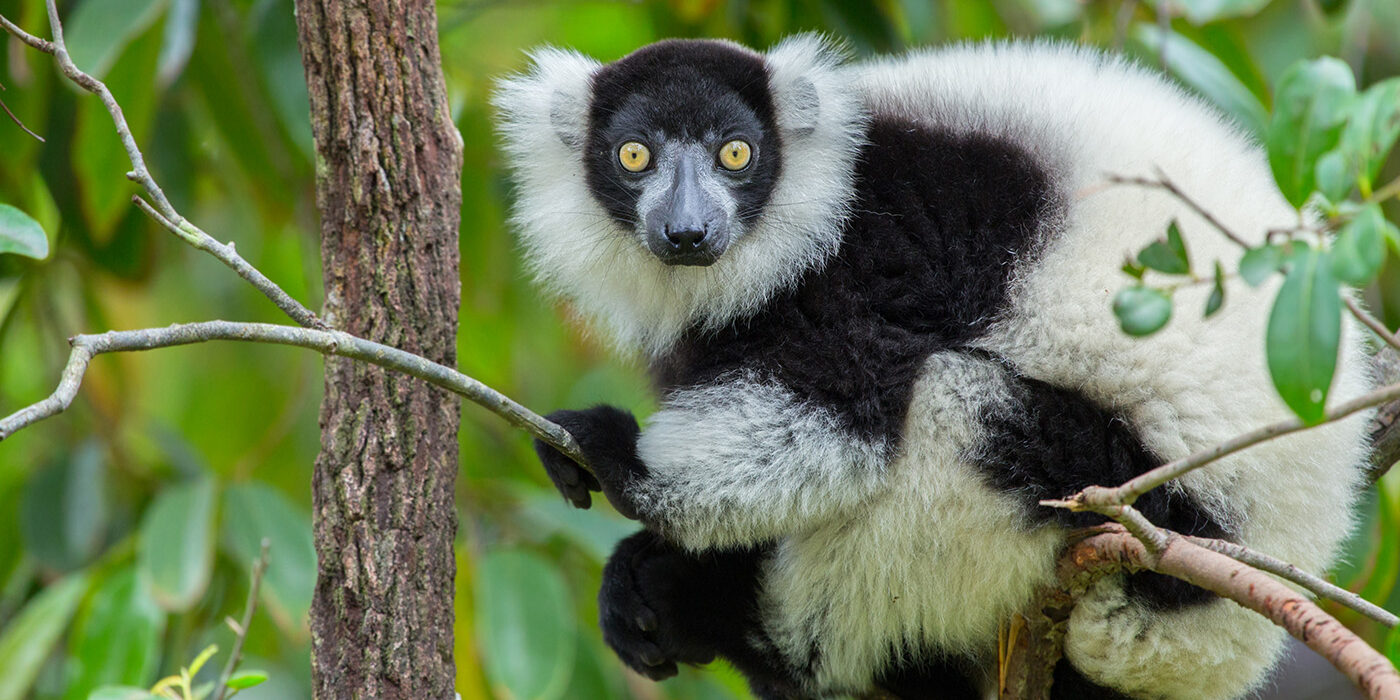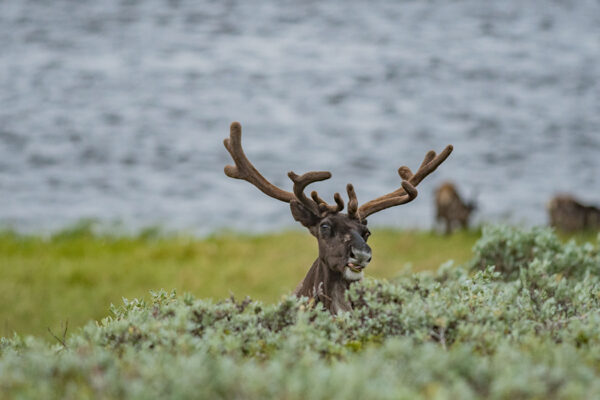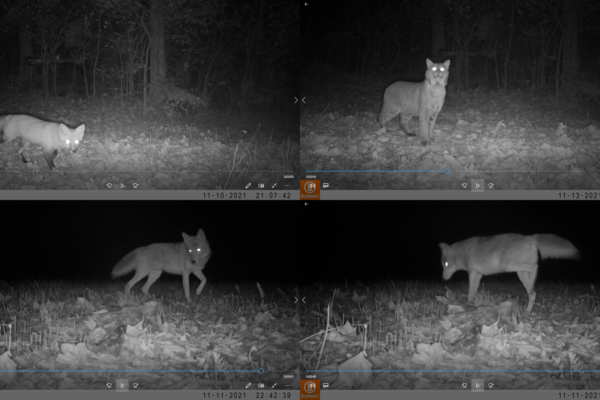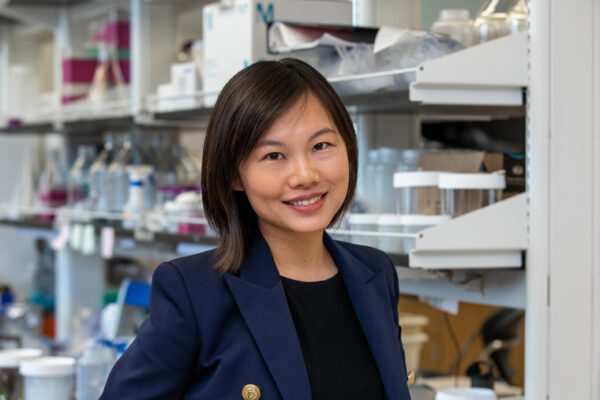Primates are declining in abundance because of unsustainable bushmeat hunting.
How can we enlist an economist to help us understand what’s driving the market demand?
Birds are losing obligate breeding habitat through land conversion in a rapidly urbanizing landscape.
How can we bring an environmental anthropologist into a conservation project to describe the complex political and sociological impacts of agriculture and its impact on sustainability?
Populations of African vultures and other avian scavengers are being decimated, in part, by wind turbines.
How can we recruit a mechanical engineer to lead us in developing more bird-friendly sustainable energy solutions?
In these situations and others, new ideas and approaches to help save endangered species may come from outside of the ranks of biology and the natural science disciplines.
“The fate of many critically endangered species is inextricably tied to choices made by humans,” said Lisa Kelley, executive director of the Saint Louis Zoo WildCare Institute and a biodiversity fellow of the Living Earth Collaborative. “We need help from people with many different kinds of expertise to help guide conservation projects around the world.”
Species are critical for a healthy planet, but growing pressures from human activities are putting them at risk of extinction. Habitat destruction, invasive species, overexploitation, illegal wildlife trade, pollution and climate change are threatening the survival of species worldwide.
With these challenges in mind, organizers with the Living Earth Collaborative at Washington University in St. Louis are seeking to tap the skills of people in the university community working in disciplines such as politics, economics, social sciences and engineering — with no biology expertise required.
All that is needed, organizers say, is a willingness to apply one’s expertise in a dynamic, collaborative environment to develop new tools and processes to save endangered species. Those who are interested are invited to register for a special evening event July 21 to launch a new conservation incubator program.
“For the past four years, the Living Earth Collaborative has helped researchers from across St. Louis to form unique collaborations focused on studying biodiversity,” said Jonathan Losos, the William H. Danforth Distinguished University Professor of biology in Arts & Sciences at Washington University and director of the Living Earth Collaborative.
“This new effort is being spearheaded by one of the major partners in our collaborative, the Saint Louis Zoo,” he said. “It complements our desire to expand the Living Earth Collaborative in recognition of how the health of the biological world is interrelated with human welfare, environmental justice and public health.”
The Saint Louis Zoo is already involved with many conservation programs, but this effort is different, Losos explained.
“What we’re looking for here is people who may not realize they have something to offer to conservation,” Losos said. “We need people who understand how economics works, how social systems work and how political systems work. We can also envision needing expertise from, for example, environmental engineering or hydrology. Basically, we are looking for people who would like to be involved in efforts to help save nature and who are attracted to the idea of working with the Saint Louis Zoo and its conservation partners.”
What we’re looking for here is people who may not realize they have something to offer to conservation. We need people who understand how economics works, how social systems work and how political systems work.
Jonathan Losos
The July 21 event, to be held at the Saint Louis Zoo, is for people interested in learning more and potentially becoming involved with conservation projects. Participants at this social event will get to meet with members from the Saint Louis Zoo conservation team, as well as with experts from the International Union for Conservation of Nature Conservation Planning Specialist Group. They will explore how their combined expertise can create a positive impact for wildlife and the world we live in.
“Effective conservation of endangered wildlife requires understanding the threats to species persistence and the complex human factors that drive those threats,” Kelley said. “With this new conservation incubator, we are bringing together diverse professional and academic expertise to study these key relationships and develop novel strategies for addressing species extinction.”
Registration for the July 21 event is required. Visit the Living Earth Collaborative website to register.
If you would like to be involved with the conservation incubator but can’t make the event, or if you can suggest others who might want to be involved, contact Losos at losos@wustl.edu.



